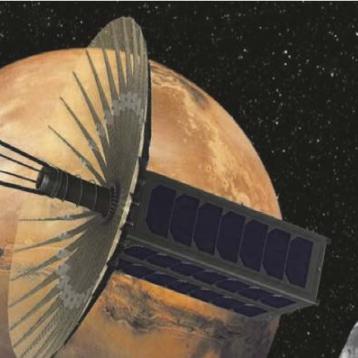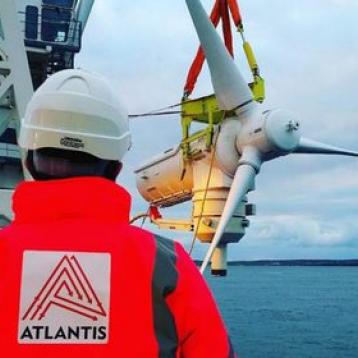- Home
- ERPE Research Challenges
- Sensors, Signals and Systems
Sensors, Signals and Systems

The ever-changing modern world has, in no doubt, been accelerated by the information revolution. The ERPE has not only overcame the many challenges within this emergent movement but has anticipated issues within this field and responded with innovative research to address the growth and constant dependence for sensing and connectivity.
In the modern world, society is becoming increasingly reliant on the functionality of sensors and artificial intelligence to improve the general population's health, security, and prosperity. In response to the emerging global challenges, ERPE has concentrated research to create a smarter, safer and more connected world using signal processing and data-driven engineering. ERPE research ranges from developing new theory, designing algorithms and sensing platforms for engineering, and new technologies for strategically important sectors, including defence and security, communications, energy and medicine.
We have internationally renowned academics in each research area, working closely with government and industry driving future innovation. In addition to this, ERPE researchers have benefitted from the range of expertise available to them across the partnership. Collaboration in each field has paved the way for a broader impact on society.
Robotics and Autonomous Systems
As the line between humans and robotics becomes progressively blurred ERPE staff work to combine robotics and AI to explore methodologies in manipulation, autonomous control, and collaboration in outdoor and indoor tasks, exploiting synergies between the marine and humanoid settings. Applications from this ERPE research has and continues to be utilised by defence companies, the oil and gas sector, government and commercial companies.
Sensor Devices & Systems
Society strives to create technical solutions which are more efficient, longer-lasting, cost-effective and easier to mobilise. In response to this the ERPE, using state of the art facilities has engineered computer chips at novel micro-and nano-scale. Using systems that utilise innovative fabrication processes: e.g. system-on-chip; sensors and actuators; single-photon-avalanche-diodes and micro-electro-mechanical systems (MEMS), a wide range of applications have been developed. This research in smart system integration and embedded intelligence has created previously unthinkable developments in society, from healthcare to environmental sectors.
Communications
Communications systems are increasingly prevalent in all aspects of our lives, which will continue to challenge bandwidth limits and the capacity for information to be delivered quickly and securely. Research in the ERPE on communications has focused on delivering fundamental and industry-driven research advances and practical integration of wireless connectivity solutions in the radio frequency and optical regimes. Emerging technologies are evident from this research in Visible Light Communications, the IoTs, satellite communications and 5G, generating strong links with the telecommunication services industry and the military.
Signal and Image Processing
Signal and image processing algorithms lie at the heart of today's digital technology, from mobile phones to tomographic imaging. ERPE has a wealth of expertise in signal, image and now data processing, spanning fundamental theory through algorithm design, with applications in a wide array of sectors across science, technology and biomedicine. The applications being developed by our researchers include low illumination sensing and imaging, computer vision, underwater surveying, robotics, radar imaging, smart camera architectures, autonomous and assisted driving, and medical image analysis. Research has targeted multiple disciplines, with specific priorities in defence and security, metrology, geosciences, environmental sciences, medicine, biology, astronomy, subsea asset monitoring, and nuclear Safety.
The ERPE is committed to the vision that Edinburgh should be the data capital of Europe. With the breadth of knowledge across the ERPE, this target is achievable.
Our global society is placing increasing demands on its critical infrastructure, systems that deliver vital services such as energy, transportation, telecommunications, food and water, the built environment and healthcare.
Read more about the Edinburgh Centre for Robotics and the Offshore Robotics Certification of Assets (ORCA)
Signal Processing is fundamental to the capability of the Defence Technology Strategy and all modern sensor weapon systems.
Read about how our researchers are helping to shape government decisions.





